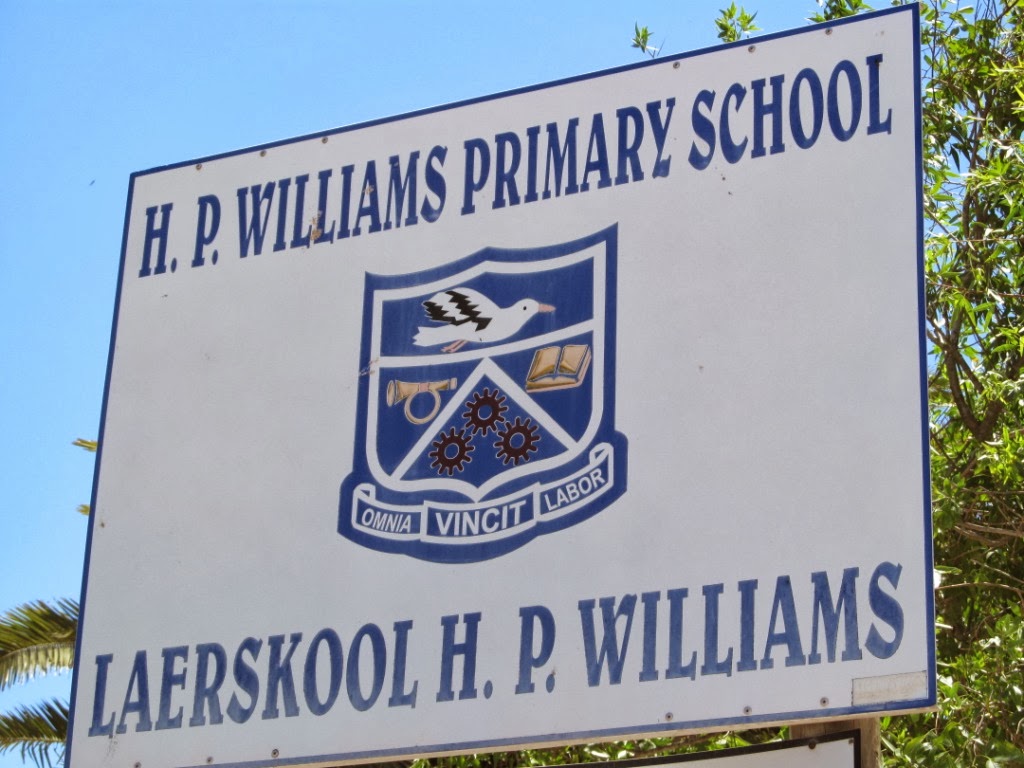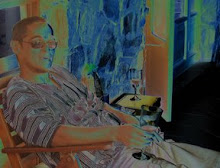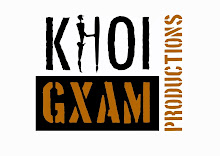Wednesday, 22 January 2014
RAPT - Rural Art Project Trust
I.
LOVE. YOU.
A
Process of Creative Intervention for Youth
Background
In the late 1990s I tested a series of creative writing
workshops based on the words I LOVE YOU.
I worked with awaiting-trial juveniles and youth at risk in various
institutions and communities throughout the Western Cape.
My premise is that if young people are afforded the
opportunity to develop a better understanding of these three words, they will
in turn develop a better understanding and respect for themselves, their peers
and the communities in which they live.
Through the process of reflection and expression
(facilitated by myself and a number of other creatives), young people gain the
confidence and insights that enable them to make decisions that impact
positively in their own lives as well as in their communities.
Motivation
The arts provide an invaluable and vital tool for working
with children. Various forms of artistic
expression develop creative and alternate thinking skills that are required to
interpret the contemporary world and more fully participate in it.
Young people in the 21st century
are faced with a host of social issues caused by a disparate global economy,
environmental degradation, limited access to opportunities and a political
system that serves corporate interests and lacks the determination to address
inequality and socio-economic disparities that continue to define the stunted
aspirations of most of South Africa’s children.
In communities throughout the country, youth
are for the most part not involved in civic structures or youth movements and
are not actively engaging in the many, complex social issues that affect
communities and our society. Artistic
endeavours engage an apathetic youth in ways that allow active participation in
processes that subtly teach compassion, co-operation and problem-solving. Further it has been demonstrated that young
people improve their verbal, visual and written communication skills through
art.
Proposal
This proposal outlines an initial 3-year,
self-funded pilot project that will be implemented with groups of learners who
are currently in grade 5 at the primary schools in the larger St. Helena Bay
area. Each of these groups of learners will participate in the project over the
full three year pilot phase.
The project will use the arts to engage with
and inspire participants while affording them an opportunity to gain self
confidence and to develop a more constructive cooperative identity through a
process of individual and collective creative expression.
The project will initially be implemented
once every week at each of the schools from the beginning of the second school
term in April, 2014. The weekly workshop session will take place at the end of
the school day and will run for between 60 and 90 minutes in a classroom or
similar space at each of the participating schools.
Consultation and communication will be
maintained with the Principals and Grade 5 teachers and – in as far as possible
– with parents. These interactions will
ensure that all caregivers are informed of the processes and that a suitably
conducive and supportive environment is fostered and maintained for the
participating learners.
Guest facilitators may also be invited to
conduct specific creative workshops as resources and time allow.
2014
Project Outline
The workshops will begin at the start of the
2nd term in April. For this first phase until the end of June, the
participants will engage with a series of exercises aimed at developing a more
meaningful insight into the complexities of individual identity. These
exercises will make use of visual art and writing with a view to launching a
project blog on June the 16th.
The second phase will take place during the 3rd
school term between July and October. The focus will shift from developing an
understanding of individual identity to include how tradition, history and
culture further influence our personal development. We will unpack how our understanding of these
constructs can have a positive impact on our lives. This phase of the project
will result in compositions and poems that deal with Heritage. The best of
these stories and poems will be published on the project blog on Heritage Day
with possible presentations at the schools.
The final phase of the first year of the
project will commence at the start of the 4th school term in
October. The focus of this last phase will be geared towards producing a
newsletter publication of the participants’ writing, drawings, paintings and
photographs. This newsletter will be comprised of separate segments compiled
with the different school’s learners and will be launched on December 10th
which is International Human Rights Day.
2015
& 2016
For the second and third years of the pilot
phase, the annual process will commence at the start of the first school term.
A similar process will be followed with the specific view of developing
material that will fit into the overall annual outcome as specified below.
3-year
Pilot Project Outcomes
The project will have one primary annual
outcome at each of the schools:
·
2014
– A newsletter containing artwork, photographs and text developed with the
learners
·
2015
– A play written and performed by the learners.
·
2016
– A film written, starring and produced by the learners.
Partners
There are various individuals and creative
practitioners who have expressed a keen interest in getting involved in this
initiative either through direct support or through providing resources within
their respective institutions. I will endeavour to gain the support of local
NGO’s, CBO’s, individuals and businesses that see the value of this type of
creative intervention.
Conclusion
I believe that young people are capable of
achieving great things and I am committed to their personal and social
development. It is thus my sincerest
hope that the Principals, teachers, parents and learners will be receptive to
the implementation of this initiative at their respective schools.
Monday, 13 January 2014
I. LOVE. YOU. - A Process of Creative Intervention for Youth
"...The premise is that if young people are afforded the
opportunity to develop a better understanding of these three words, they would
in turn develop a better understanding and respect for themselves, their peers
and the communities in which they live.
Through this process of reflection and expression, young
people gain the confidence and insights that enable them to make decisions that
impact positively in their own lives as well as in their communities."
Subscribe to:
Comments (Atom)

















